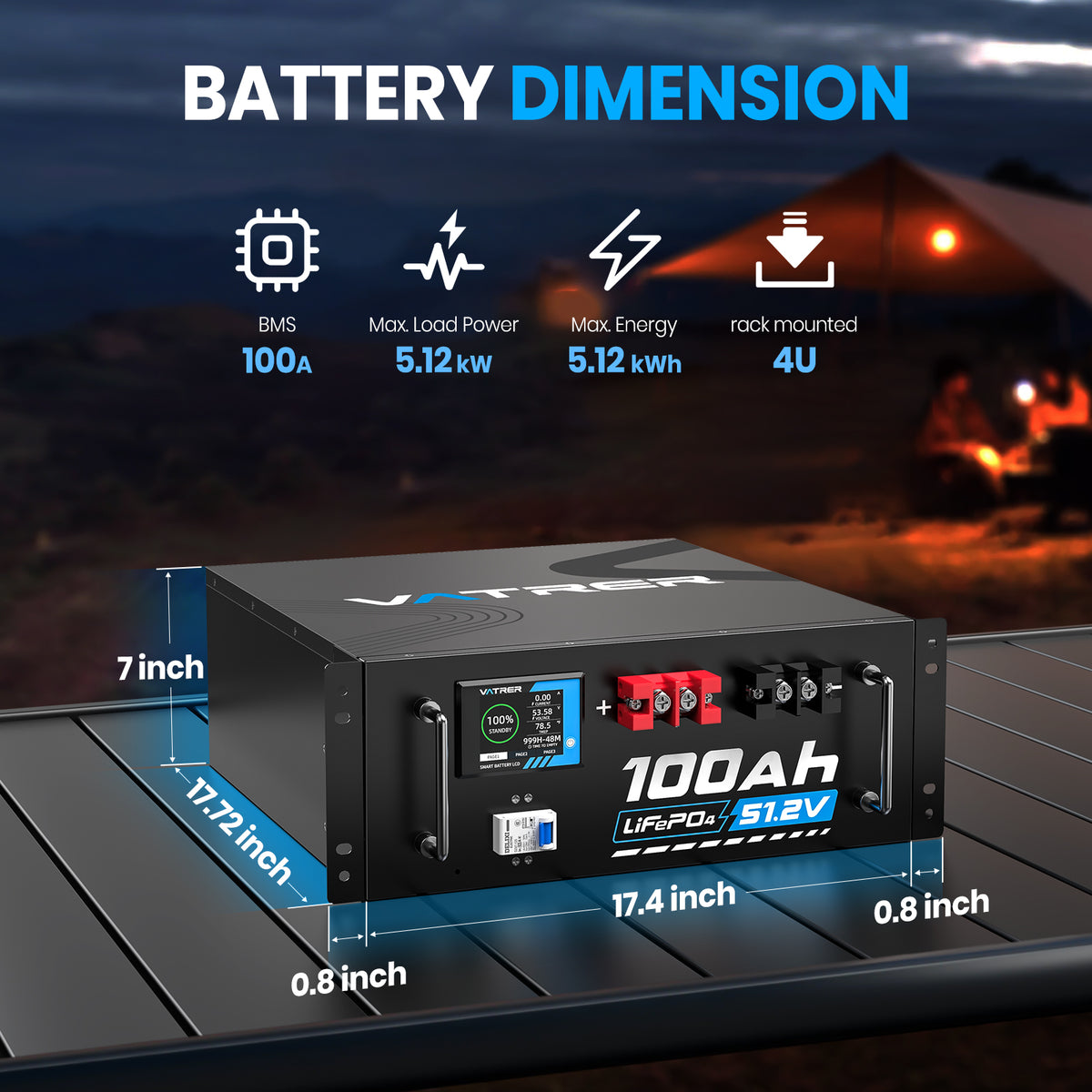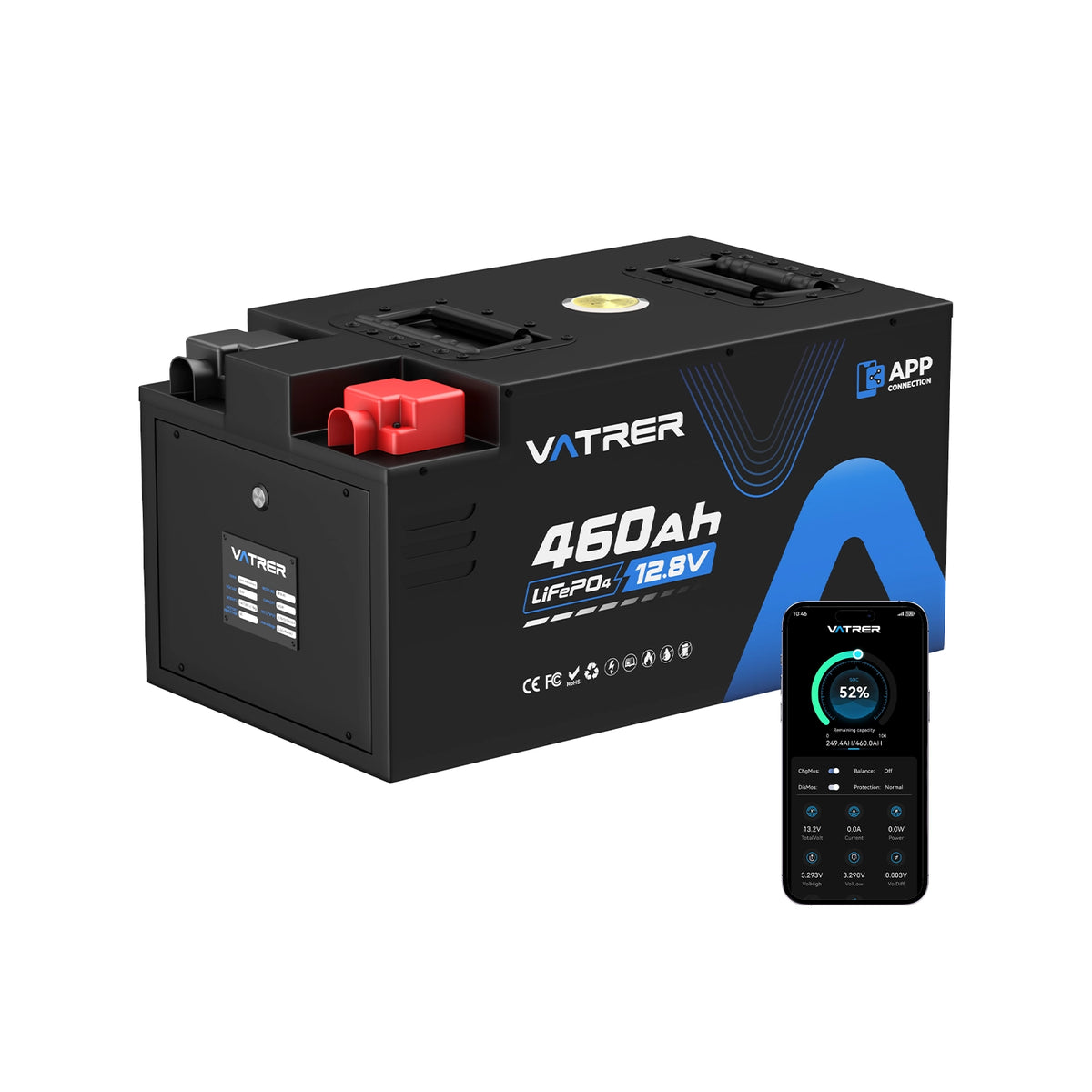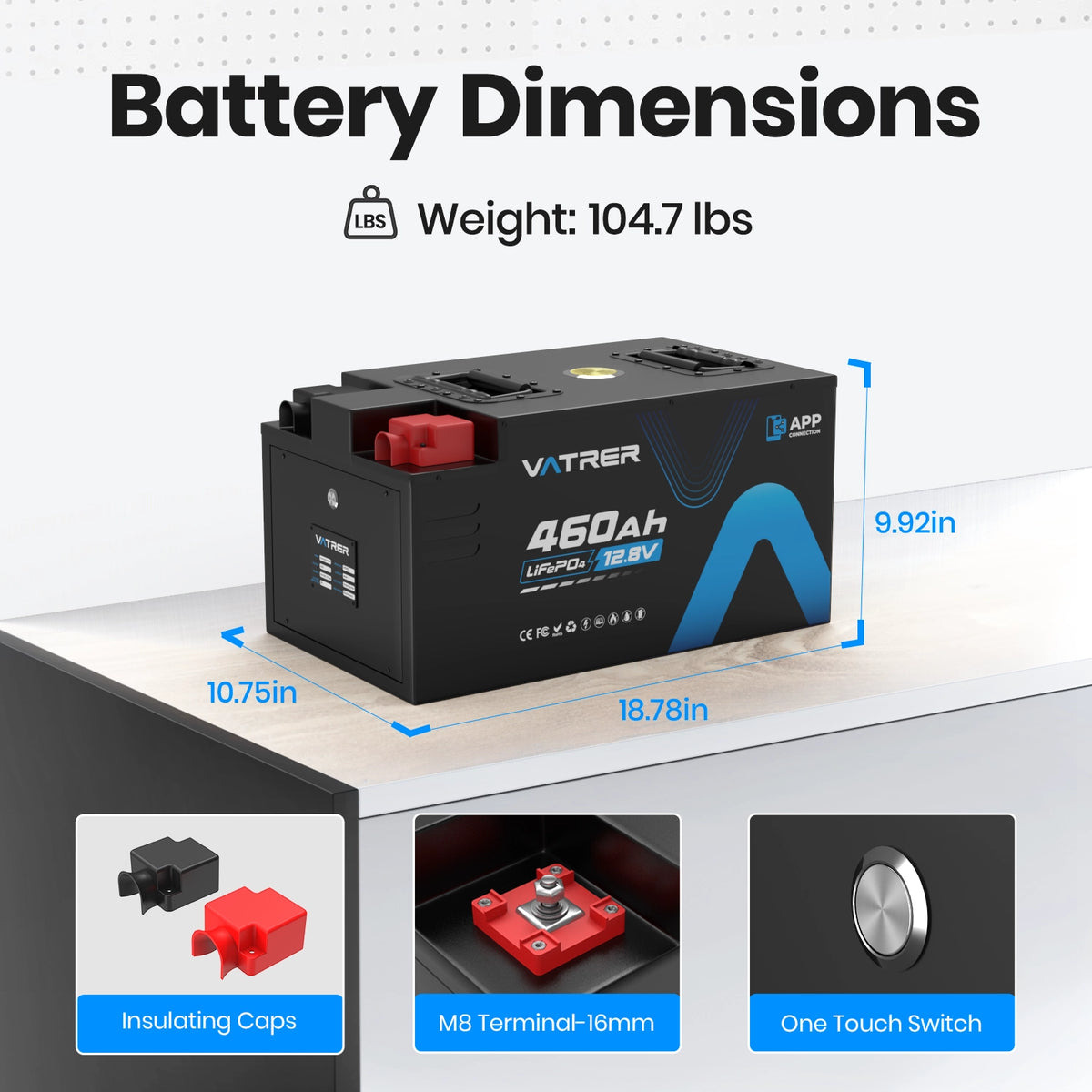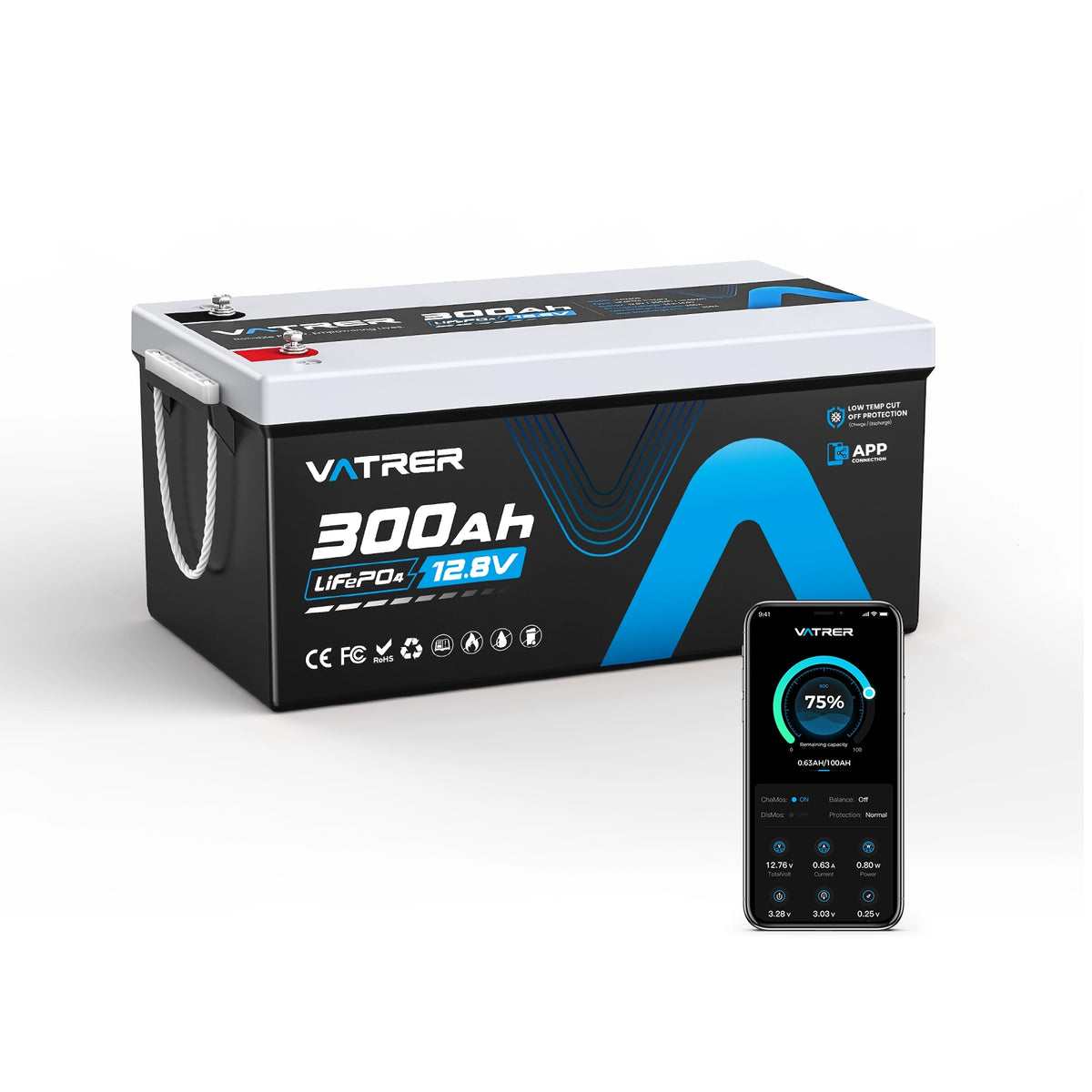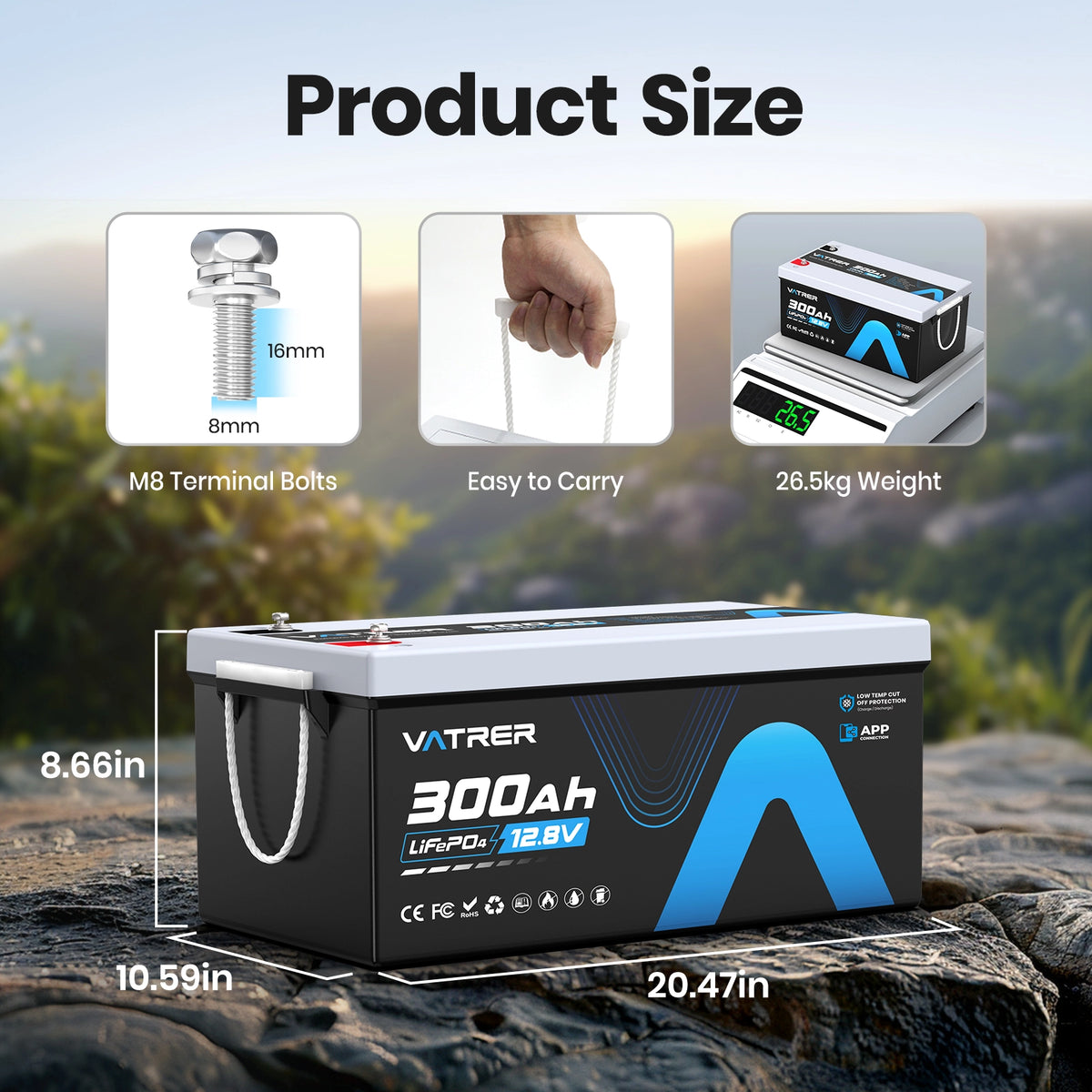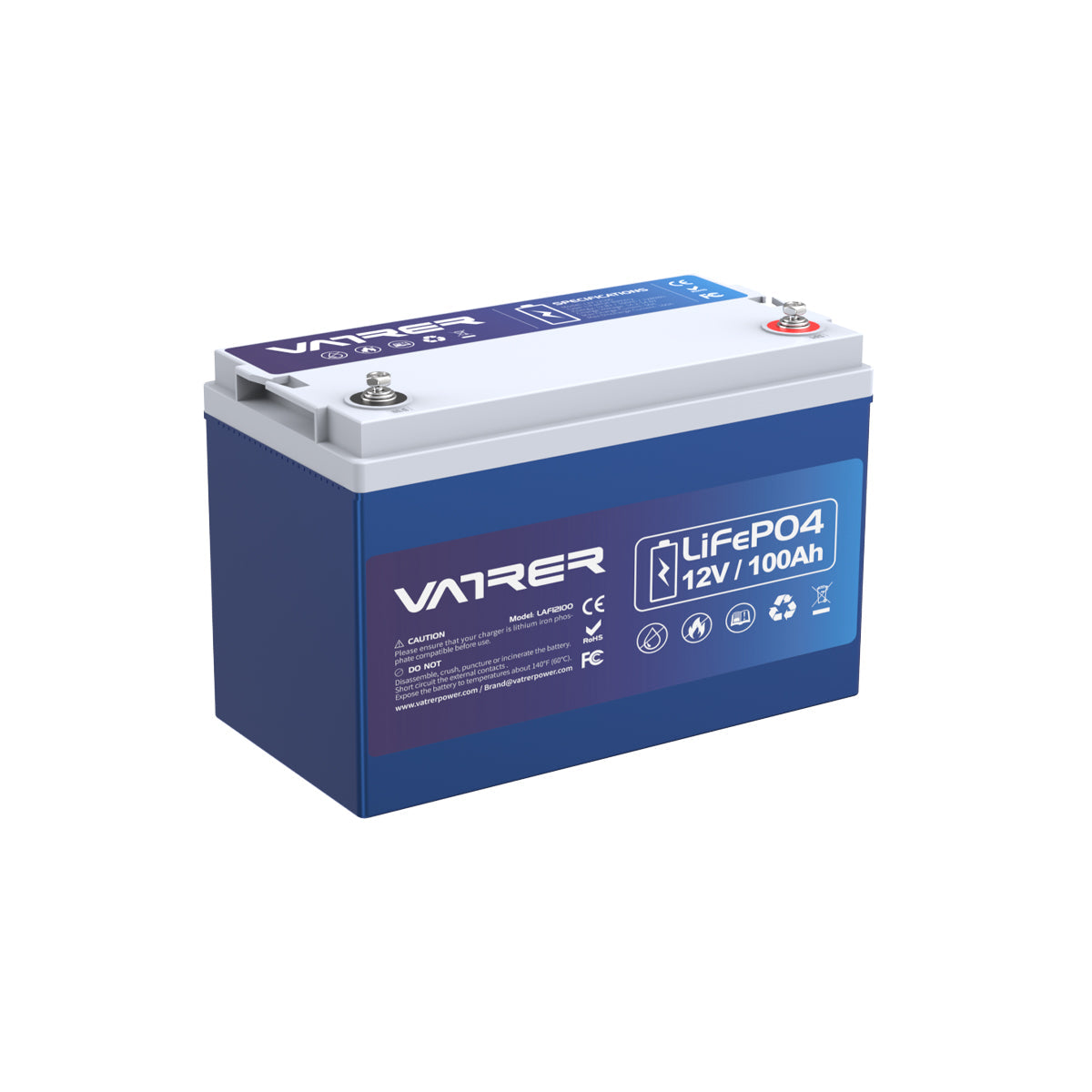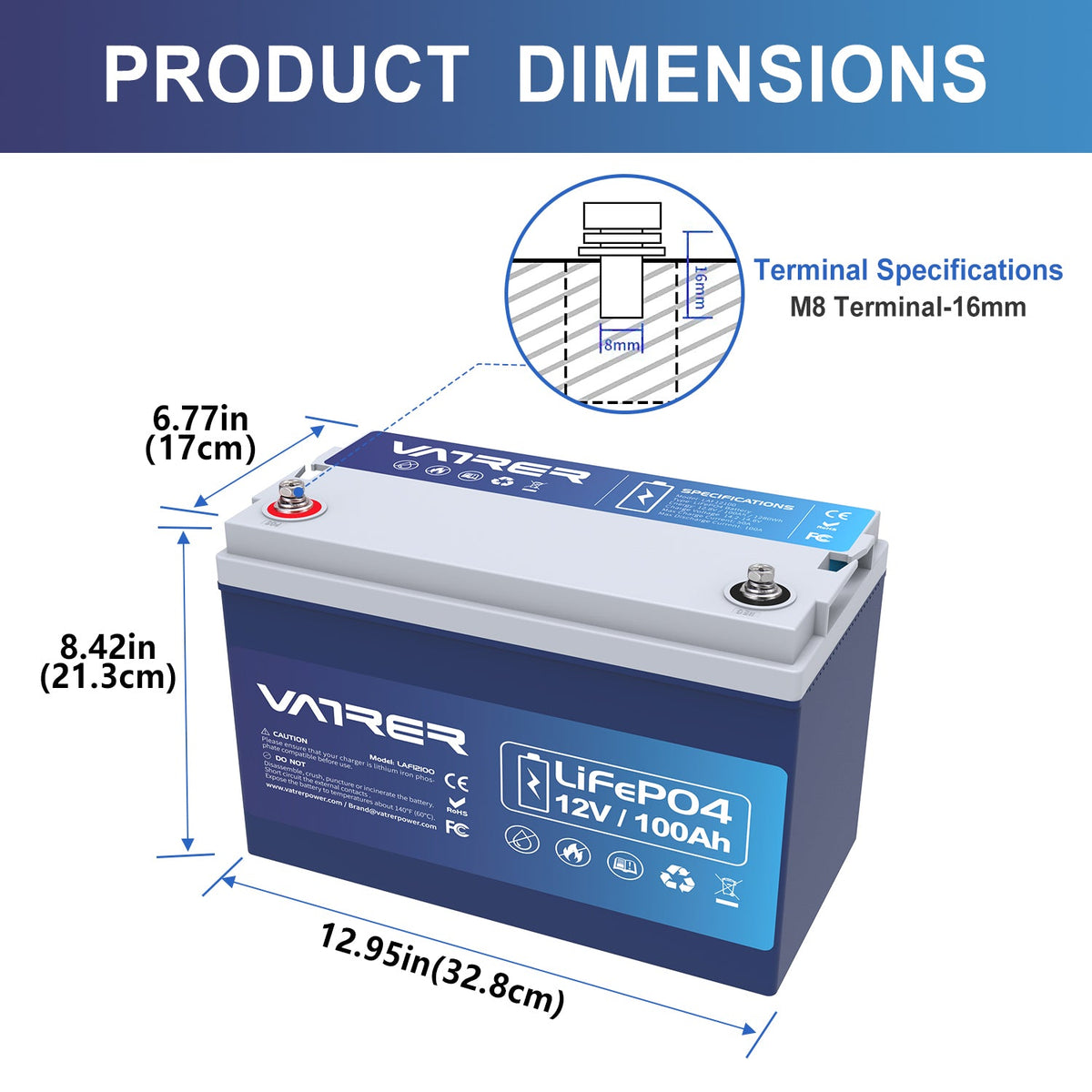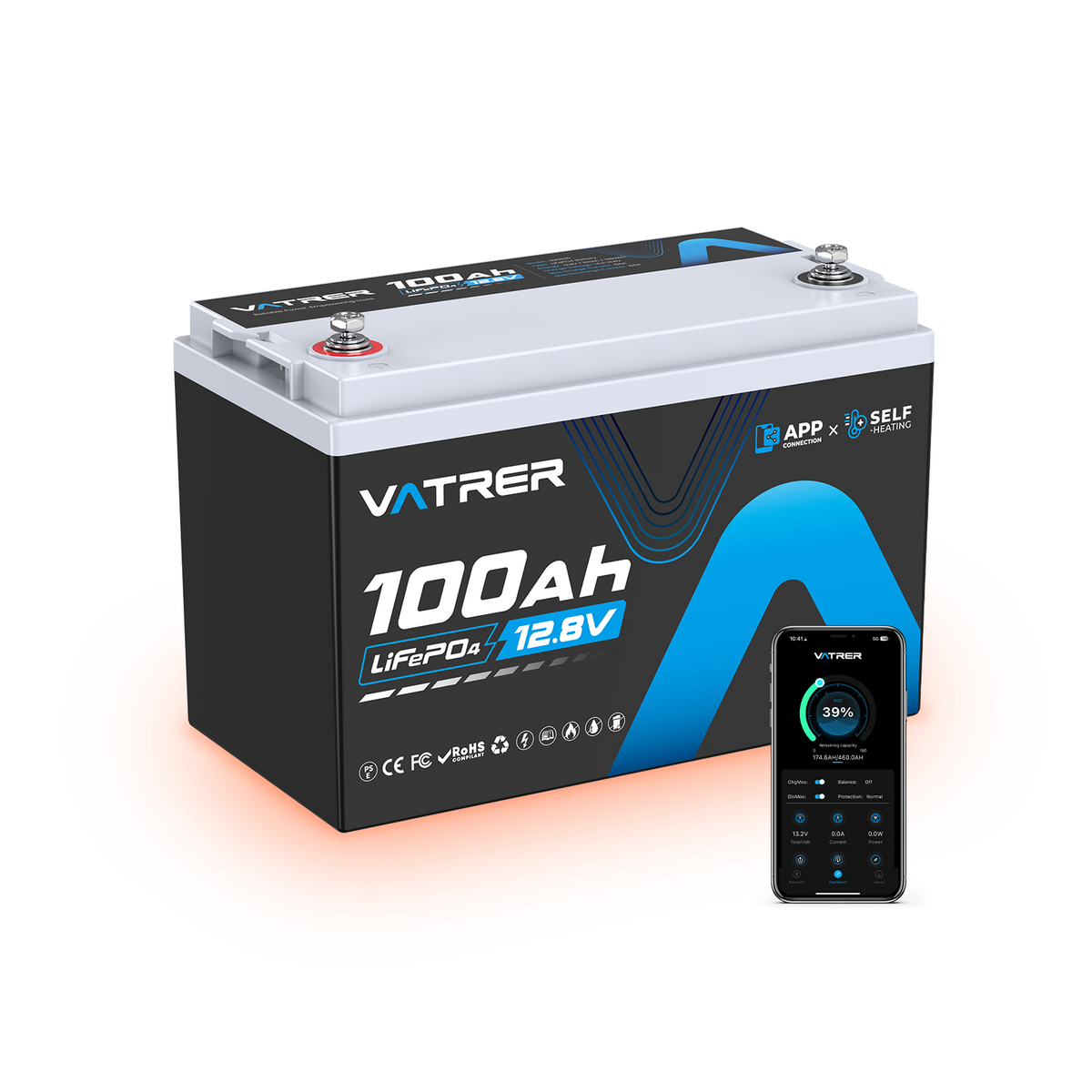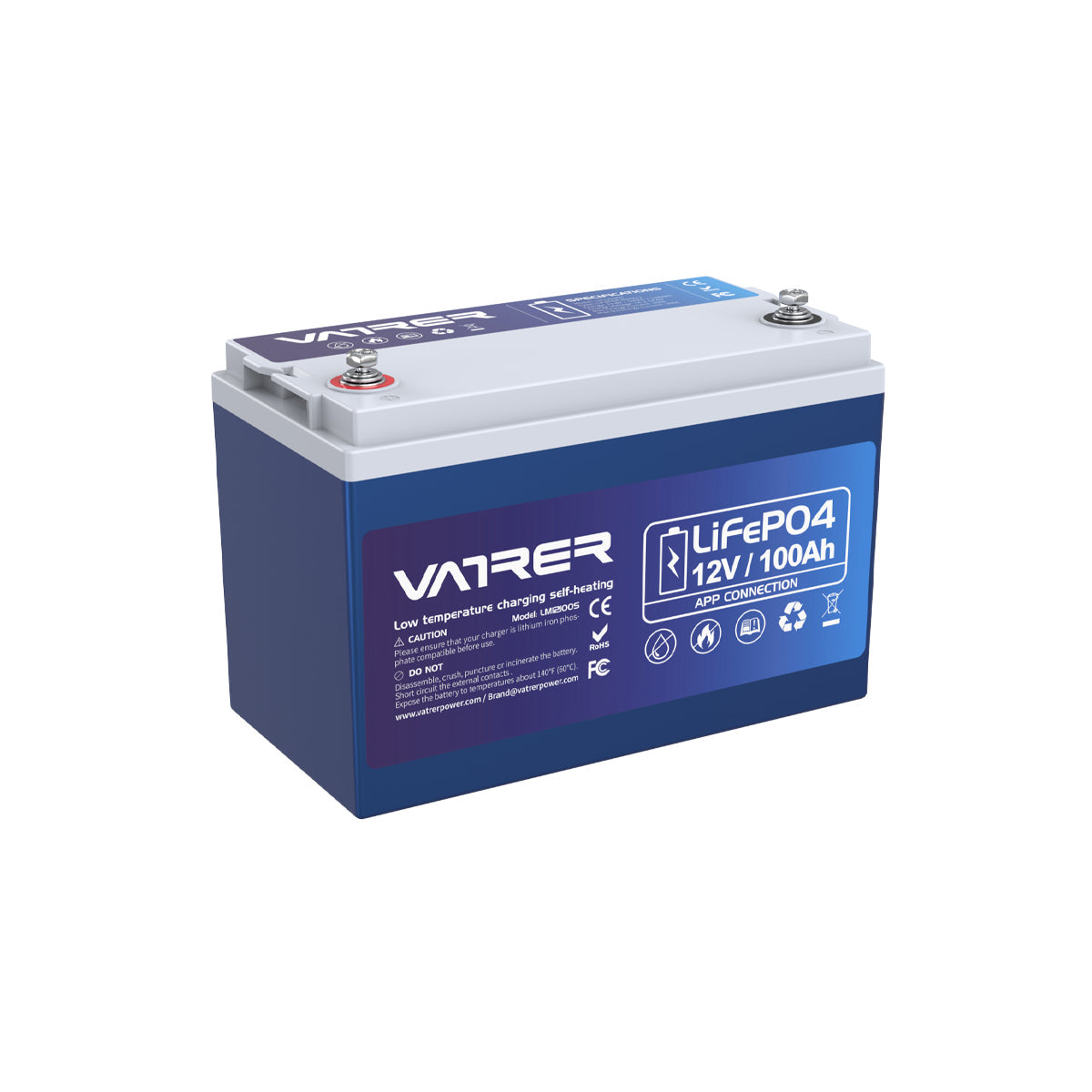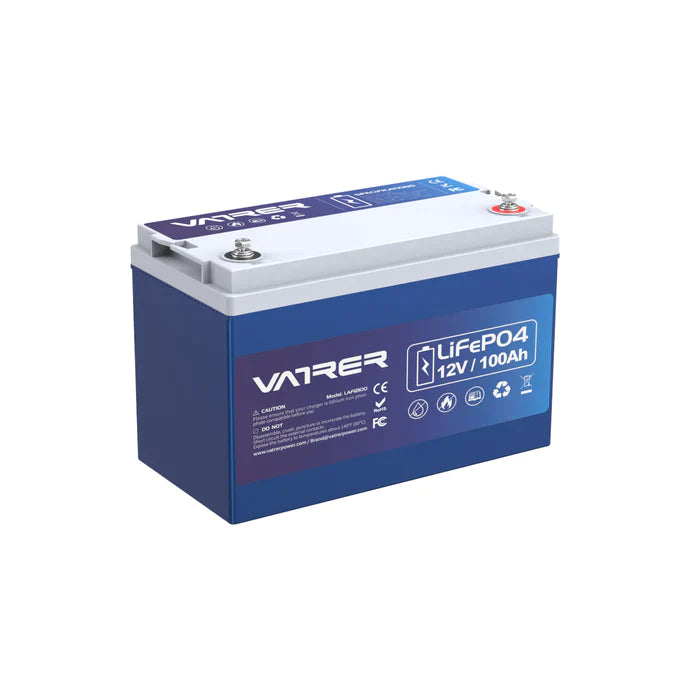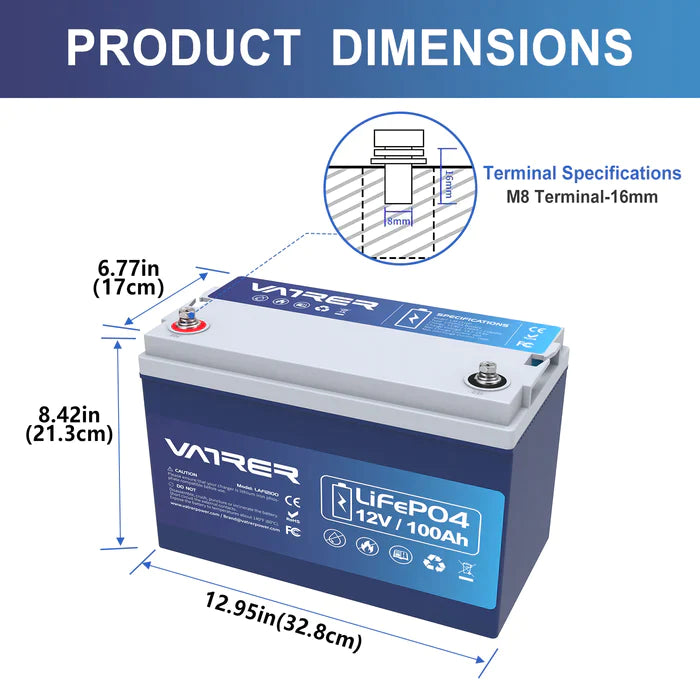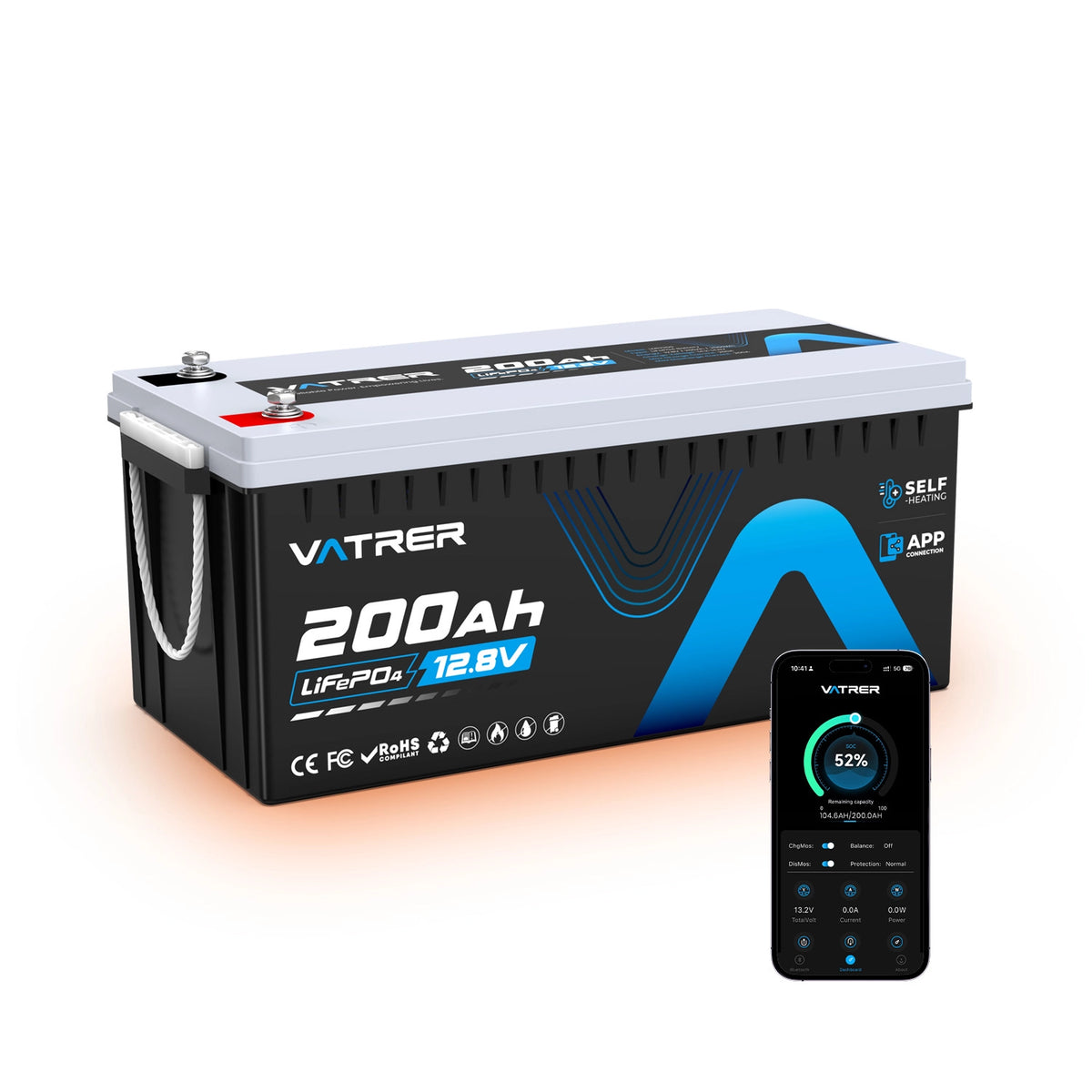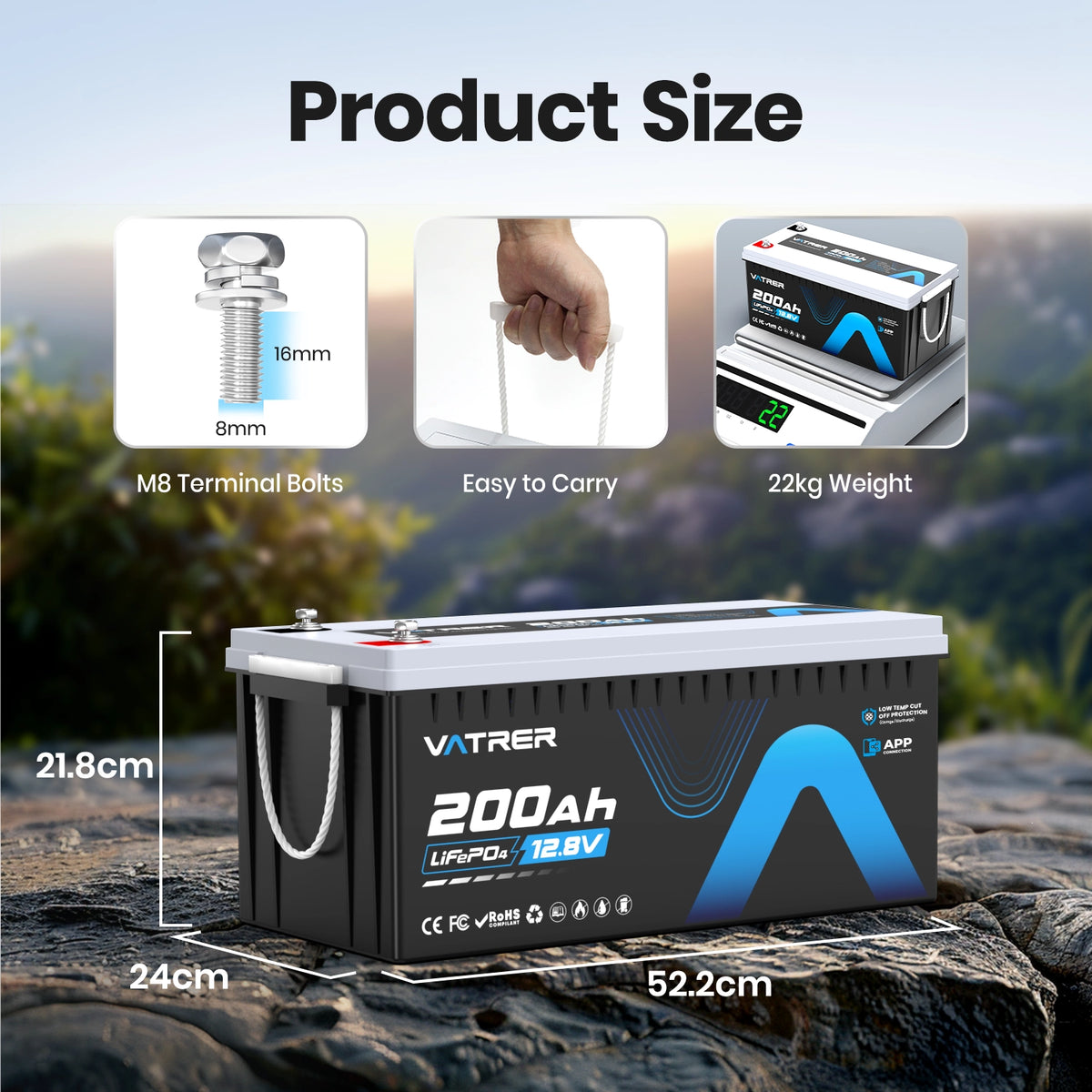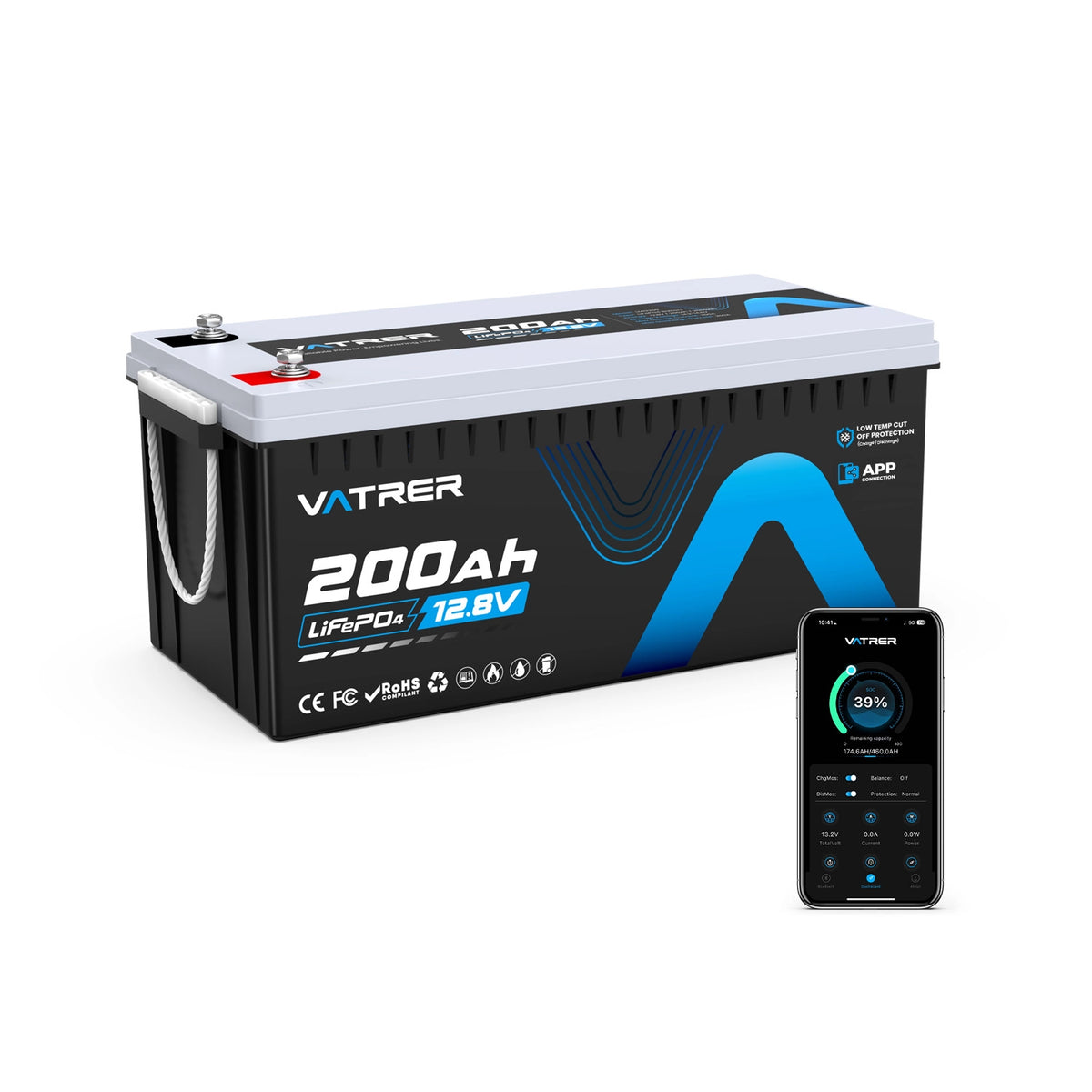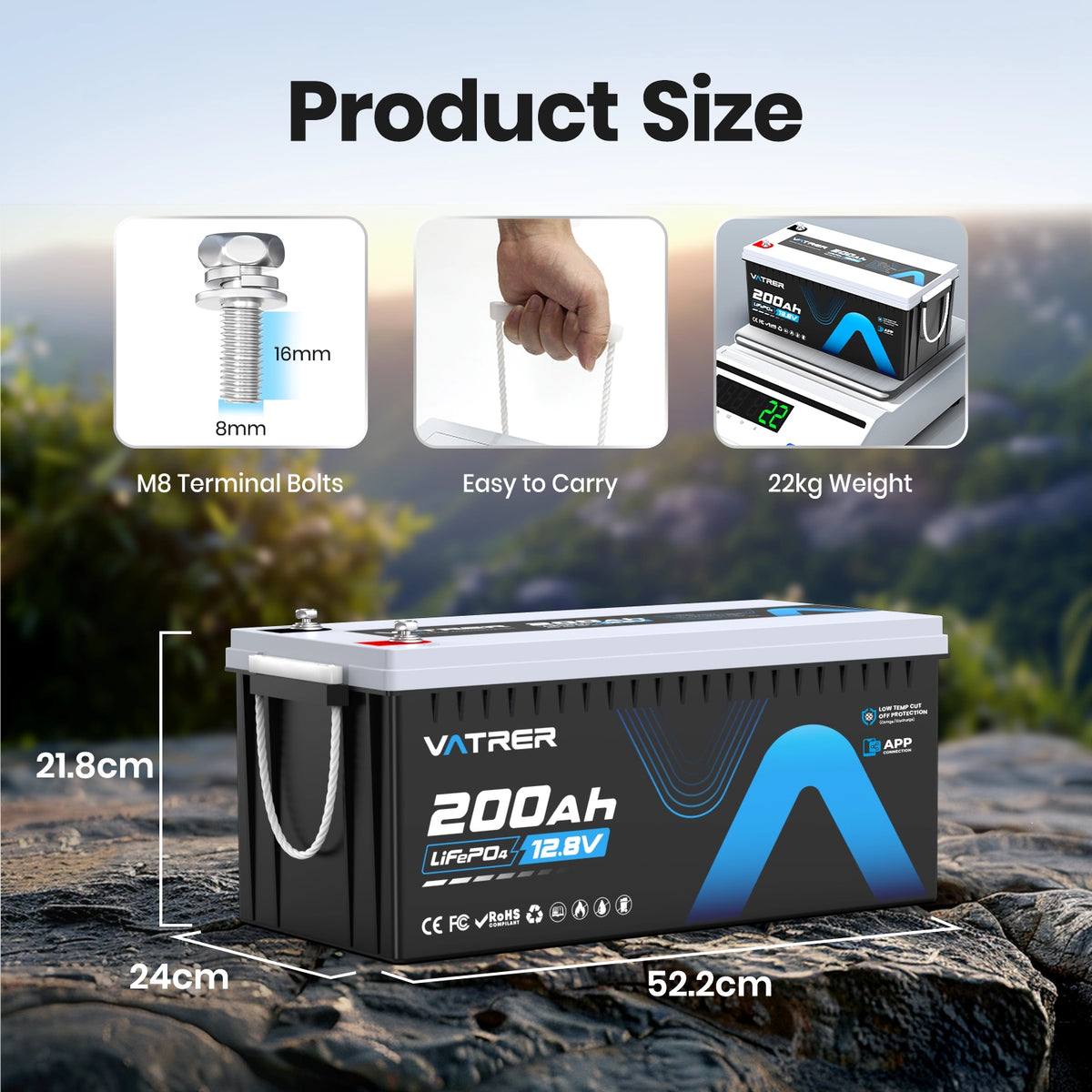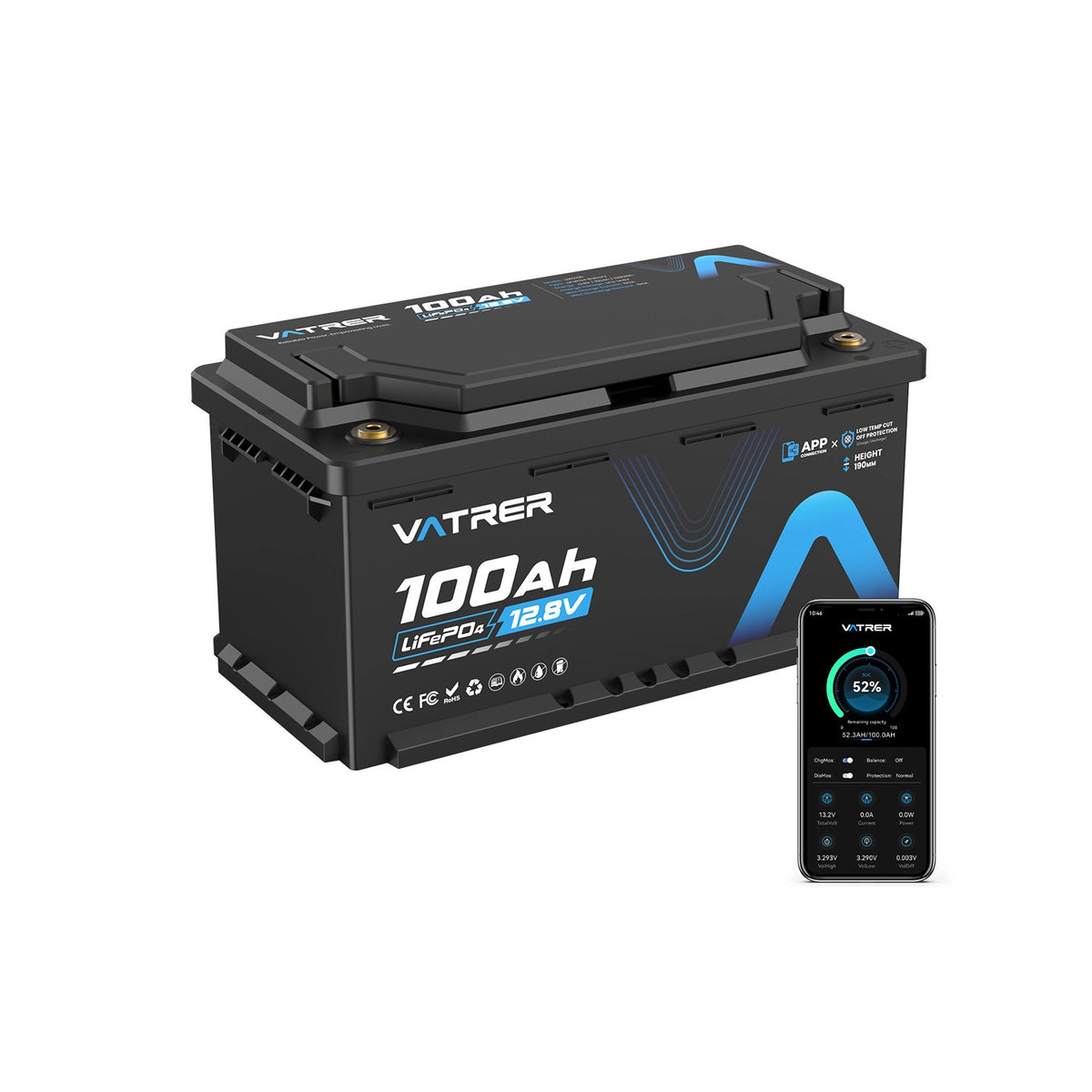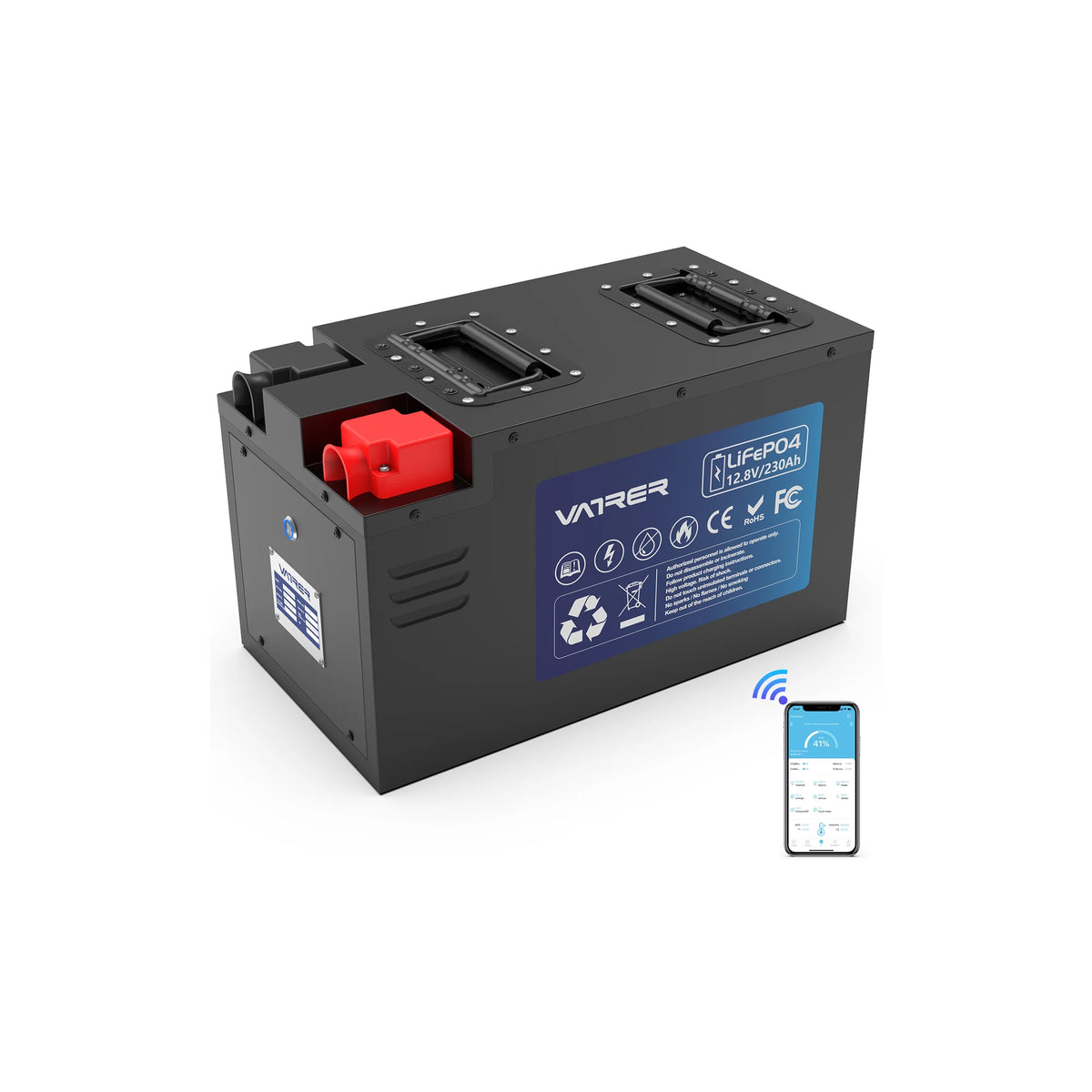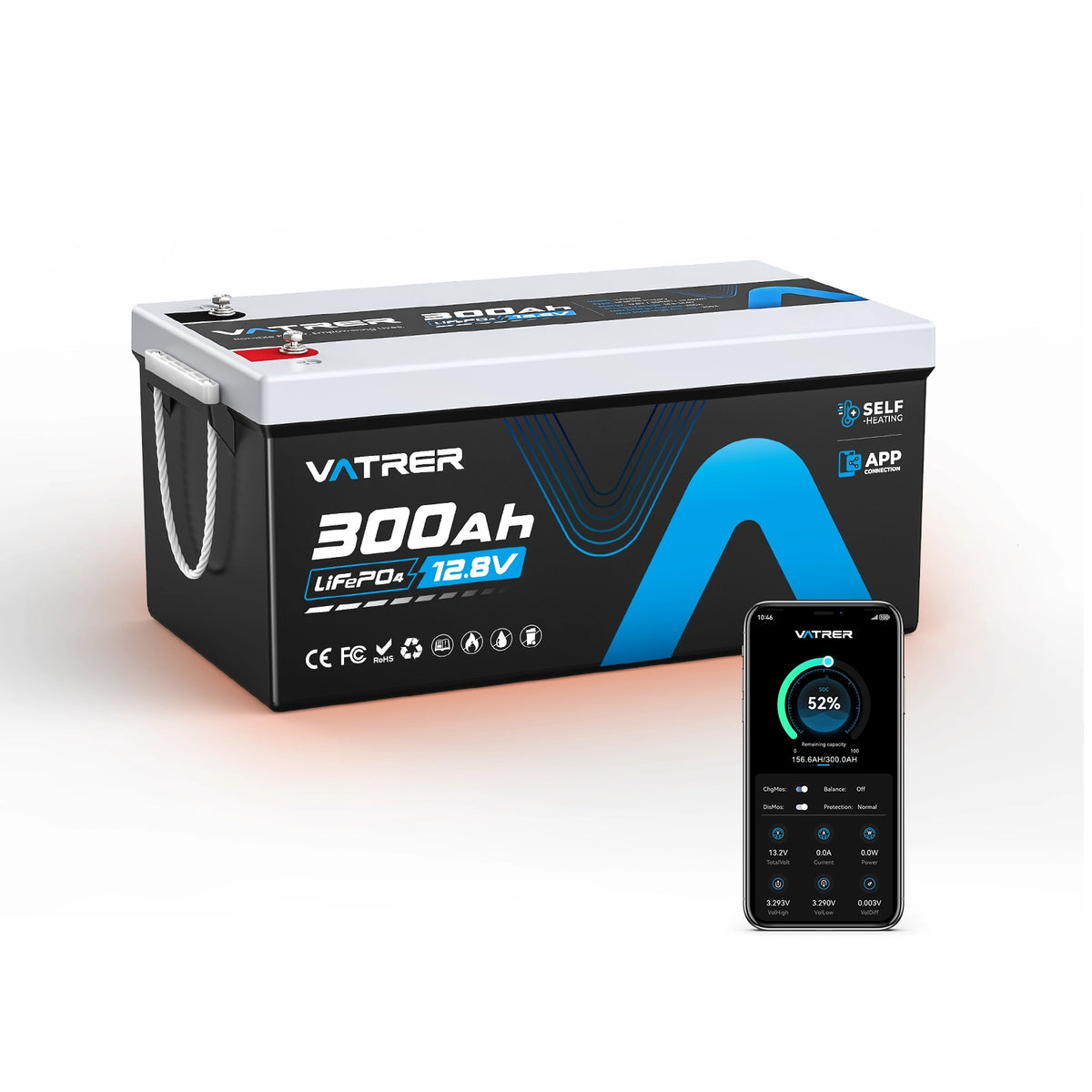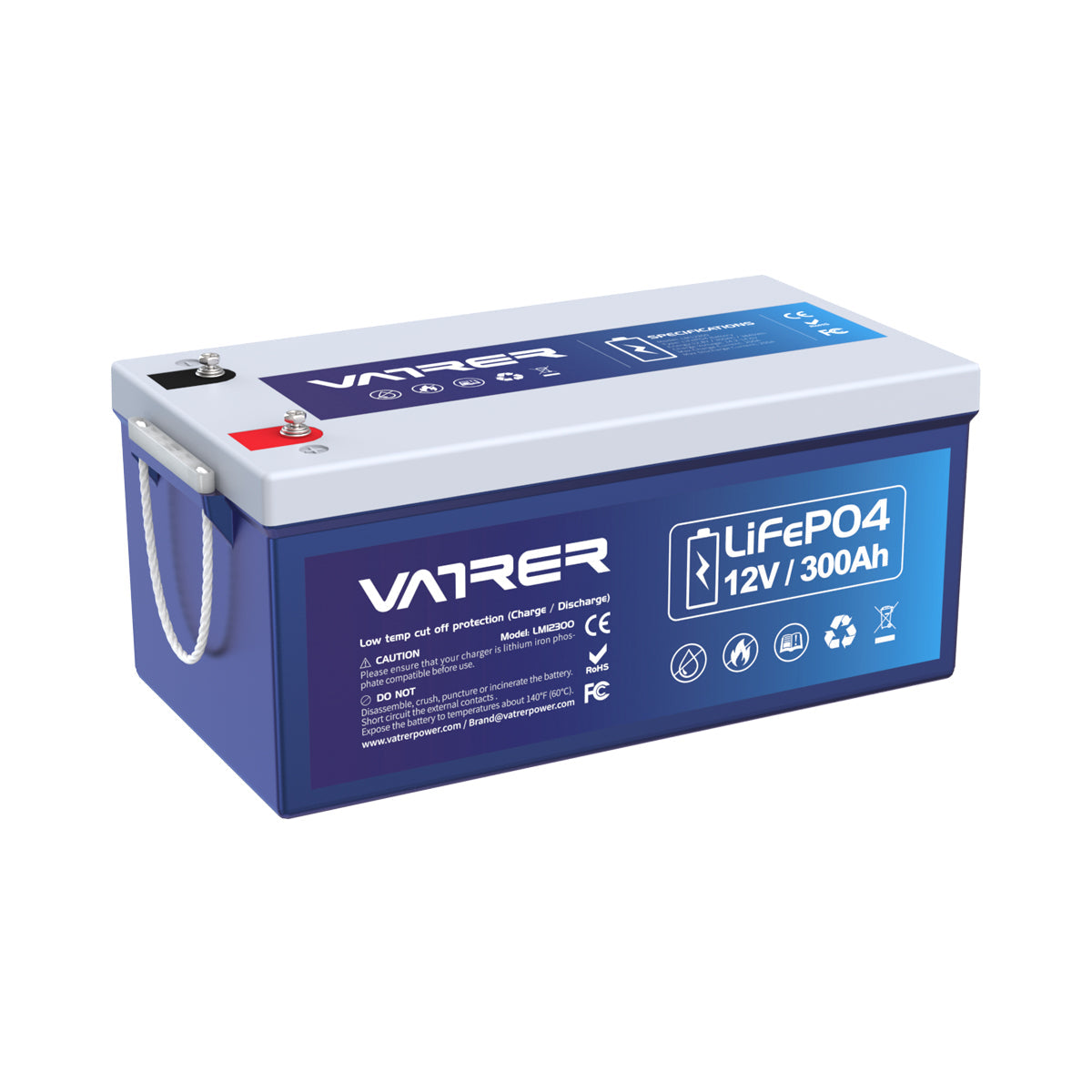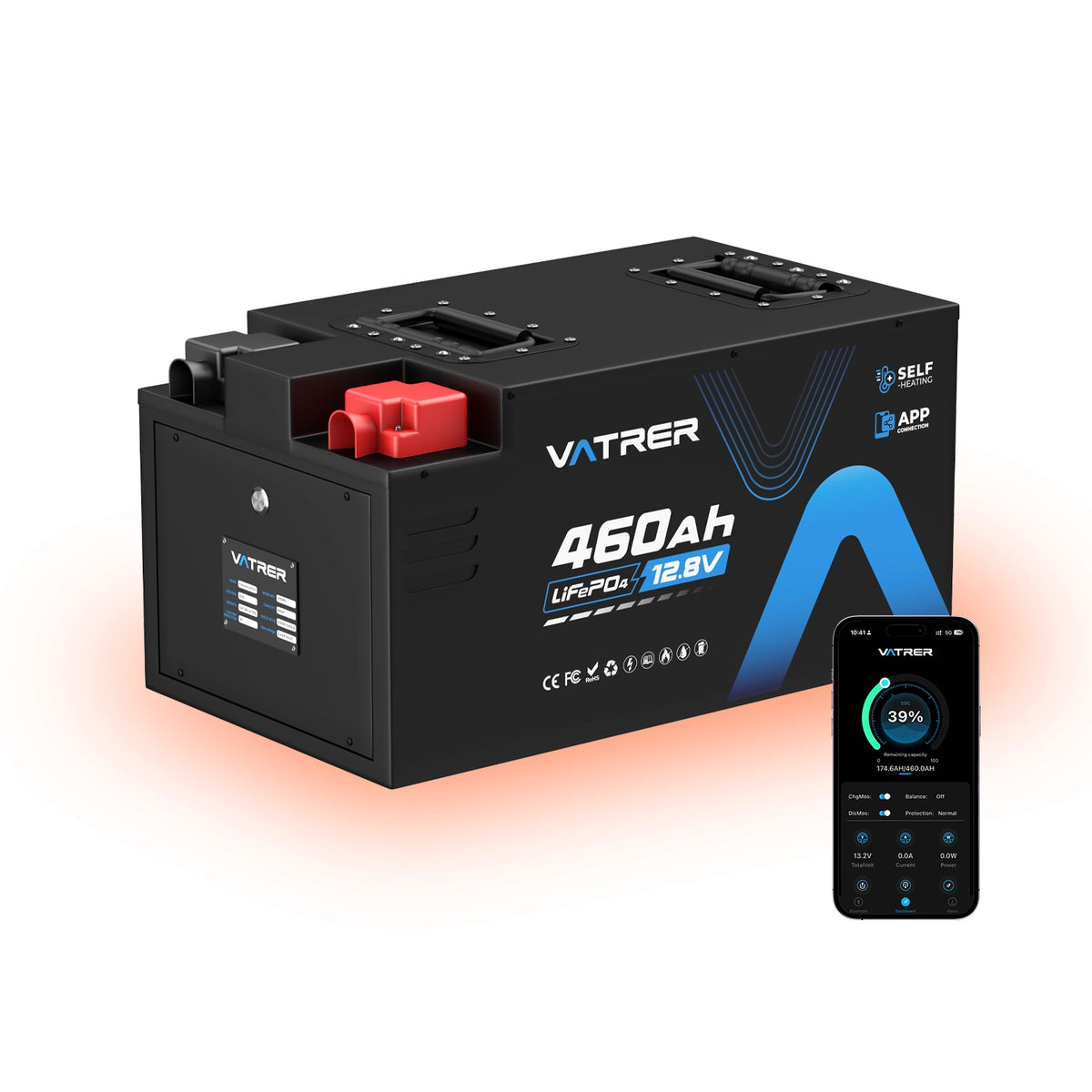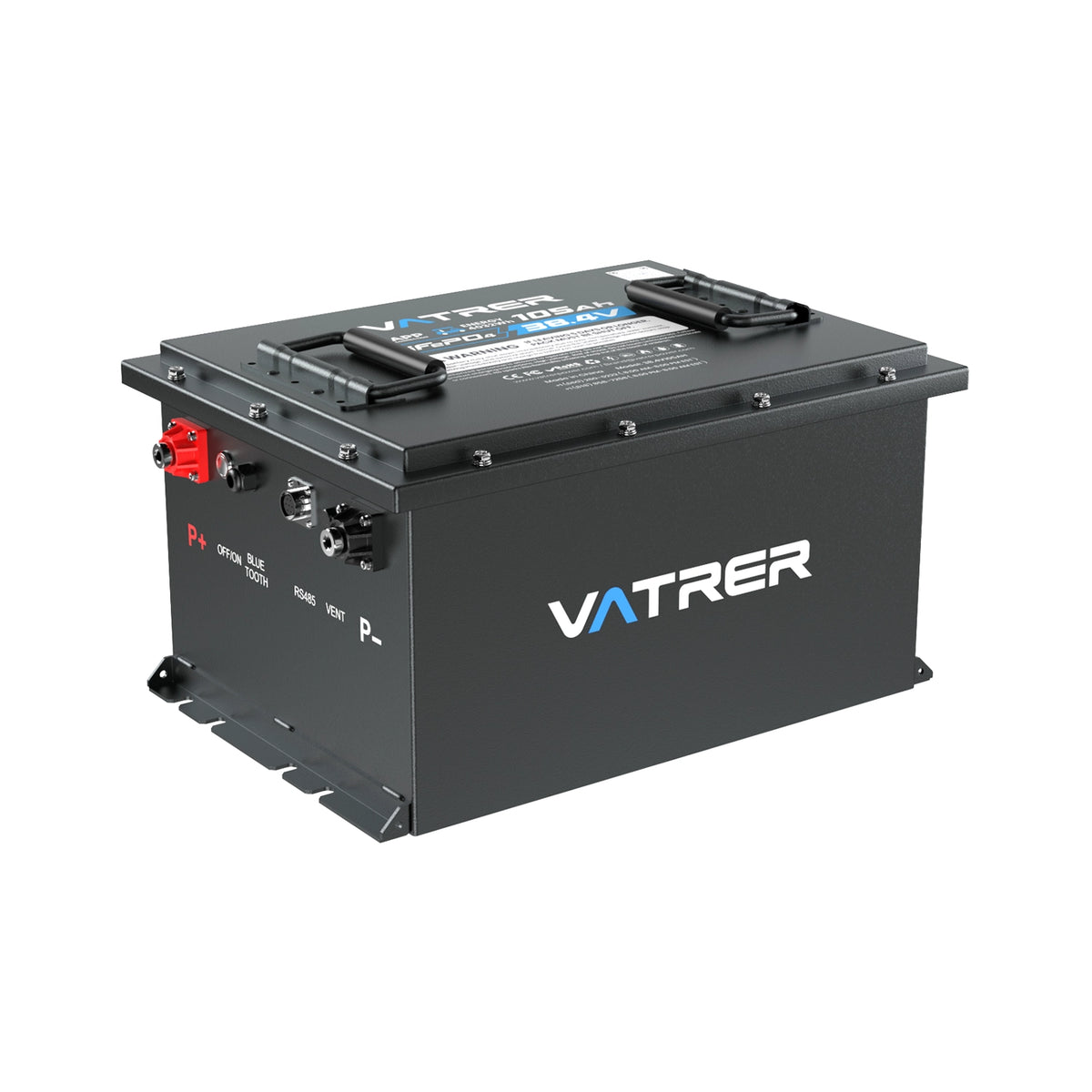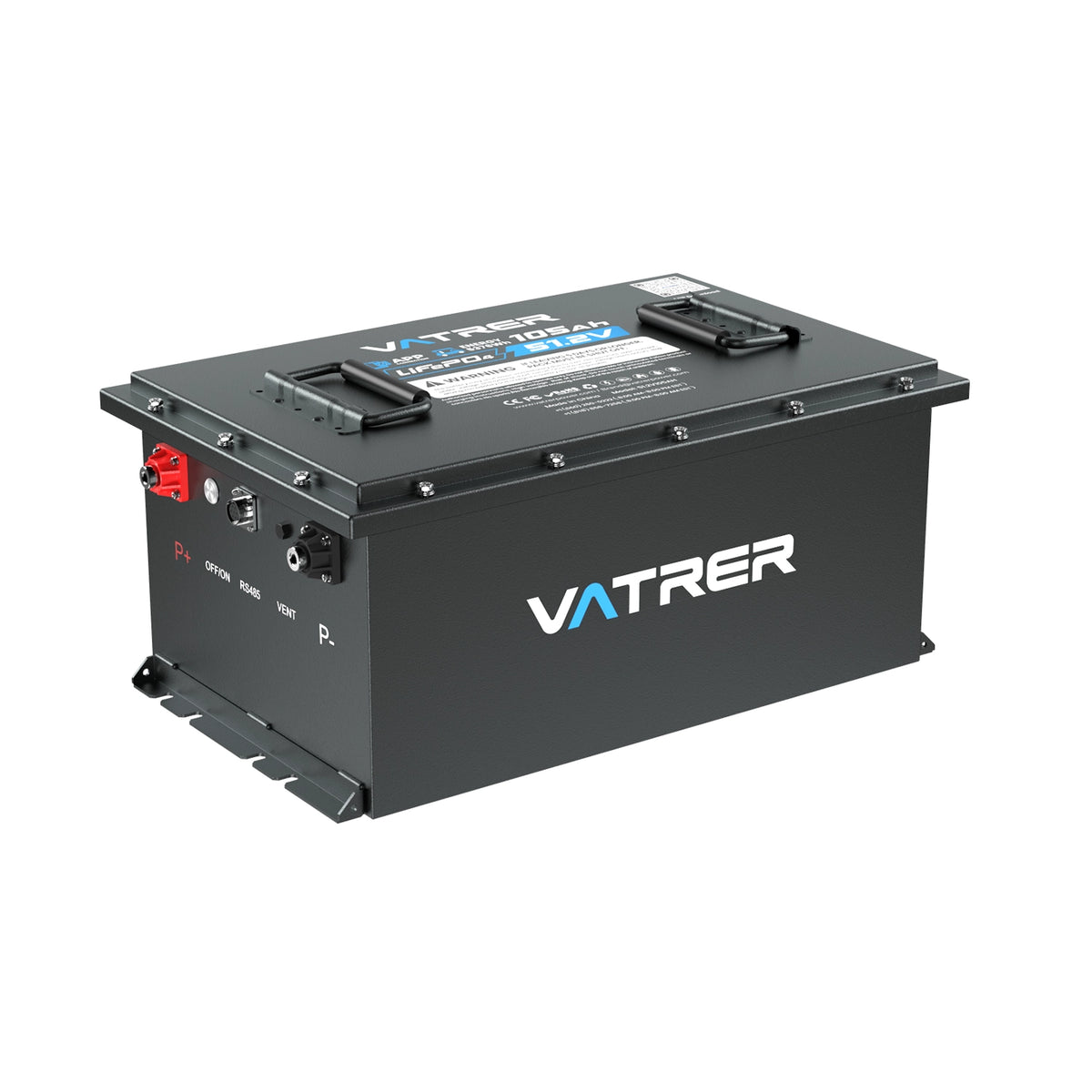In an era where renewable energy is becoming increasingly important, understanding the costs and lifespan of energy storage solutions, like 10kW batteries, is essential. These batteries are crucial for both residential and commercial use, providing backup power and enhancing the efficiency of solar energy systems. In this blog post, we will explore the cost and lifespan of a 10kW battery, offering insights to help you make an informed decision.

What is a 10kW Battery?
A 10kW battery typically refers to a battery capable of storing 10 kilowatt-hours (kWh) of electricity. These batteries are commonly used in conjunction with renewable energy sources like solar panels to store excess energy for later use, ensuring a steady power supply even when the sun isn't shining.
Cost of a 10kW Battery
The cost of a 10kW battery can vary significantly based on several factors, including the brand, technology, installation, and geographical location. As of 2024, here is a general overview of costs:
-
Battery Price: The price of a standalone 10kW battery typically ranges from $7,000 to $12,000. Premium brands with advanced features might cost more, while basic models are on the lower end of the spectrum.
-
Installation Costs: Installation can add another $1,000 to $3,000 to the total cost. This includes labor, electrical work, and any additional equipment needed to integrate the battery with your existing power system.
-
Incentives and Rebates: Various federal, state, and local incentives can significantly reduce the final cost. For example, the U.S. federal tax credit for solar energy systems can also apply to battery storage, potentially reducing costs by 30%.
Lifespan of a 10kW Battery
The lifespan of a 10kW battery is a crucial factor when considering the investment. Several elements influence battery longevity, including technology, usage patterns, and environmental conditions. Here are the average lifespans for common battery technologies:
-
Lithium-Ion Batteries: These are the most common type used in residential and commercial energy storage. A well-maintained lithium-ion battery typically lasts between 10 to 15 years. They often come with warranties ranging from 5 to 10 years, ensuring a certain level of performance over time.
-
Lead-Acid Batteries: These are cheaper but have a shorter lifespan, usually between 3 to 5 years. They are less efficient and require more maintenance compared to lithium-ion batteries.
-
Flow Batteries: These are emerging technologies with potential for longer lifespans, often exceeding 20 years. However, they are currently more expensive and less widely adopted.
Factors Affecting Battery Lifespan
-
Depth of Discharge (DoD): Regularly discharging a battery to very low levels can reduce its lifespan. Most manufacturers recommend maintaining a DoD of around 80% to maximize longevity.
-
Temperature: Extreme temperatures can negatively impact battery performance and lifespan. Proper installation and climate control can mitigate these effects.
-
Maintenance: Regular maintenance and proper usage can extend the life of your battery. This includes ensuring the battery is not exposed to harsh conditions and following the manufacturer's guidelines.
Conclusion
Investing in a 10kW battery can be a significant upfront cost but offers long-term benefits, especially when paired with renewable energy systems. Understanding the cost and expected lifespan of these batteries can help you make an informed decision that suits your energy needs and budget. As technology advances and more incentives become available, the affordability and efficiency of energy storage solutions will continue to improve, making sustainable energy more accessible to everyone.






